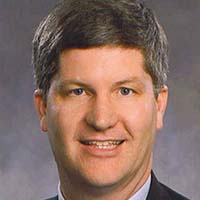Watertown RICO Act Lawyer, Wisconsin
Sponsored Law Firm
-
 x
x

Click For More Info:
-
The Law Offices of Richard L. Cooper, P.A.
848 Brickell Avenue Suite 800 Miami, FL 33131» view mapDWI/DUI, Drug Trafficking, Felony Nationally Ranked Top 40 Under 40
With Richard L. Cooper you can expect a trusted confidant who will work diligently to fully understand your case and determine a road map to help you regain control of your life.
800-756-2781
Not enough matches for Watertown RICO Act lawyer.
Below are all Watertown Criminal lawyers.
Thomas J. McClure
✓ VERIFIEDCriminal, Traffic, Personal Injury, Business
Attorney McClure has a general practice serving individuals, families, and small businesses. Early in his career Attorney McClure gained valuable expe... (more)
Thomas O. Wakeman
Real Estate, Criminal, Insurance, Products Liability
Status: In Good Standing Licensed: 50 Years
Steven James Lownik
Traffic, Social Security, Employment Discrimination, Family Law, Criminal
Status: In Good Standing Licensed: 42 Years

 Richard L. Cooper Miami, FL
Richard L. Cooper Miami, FL AboutMiami Attorney at Law
AboutMiami Attorney at Law ServicesCriminal Defense
ServicesCriminal Defense


